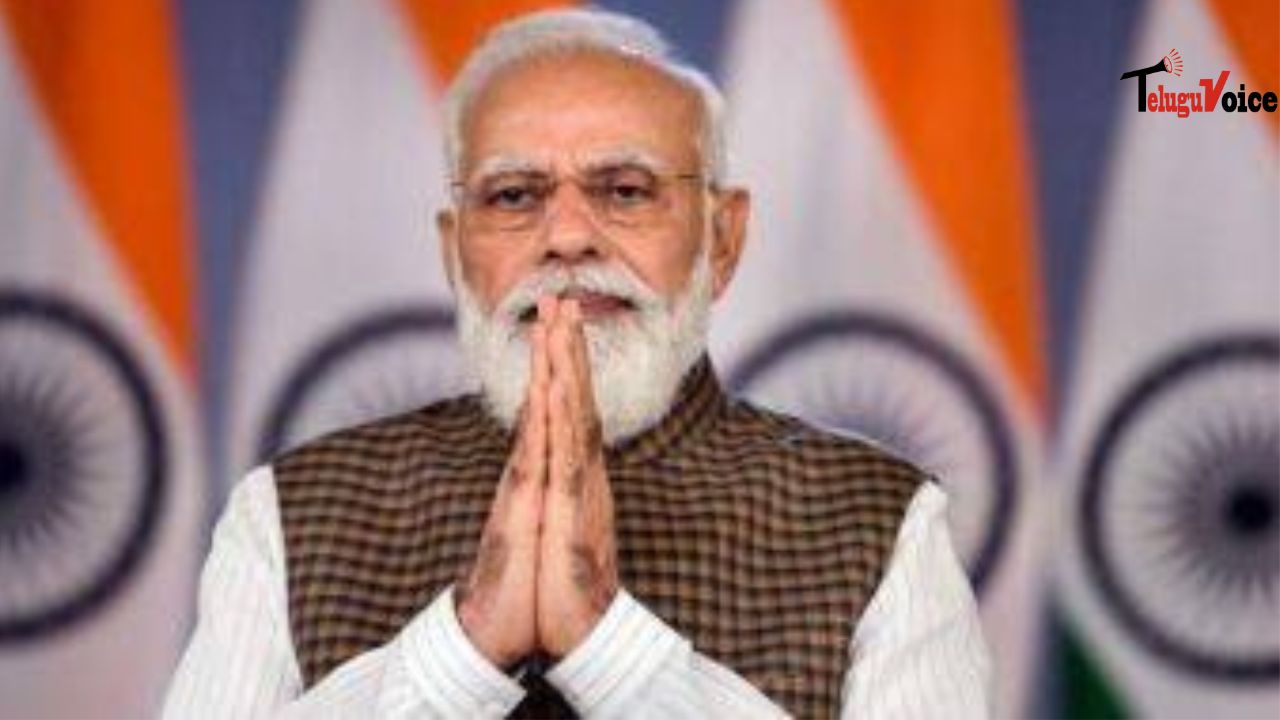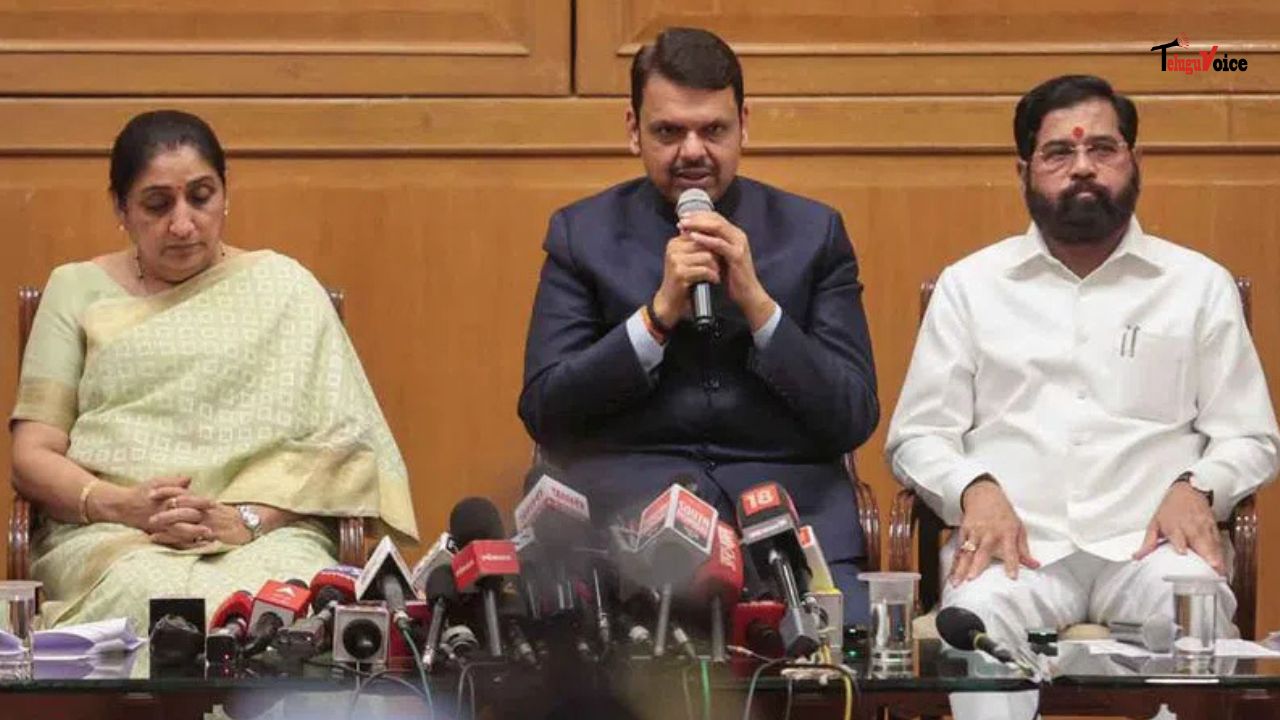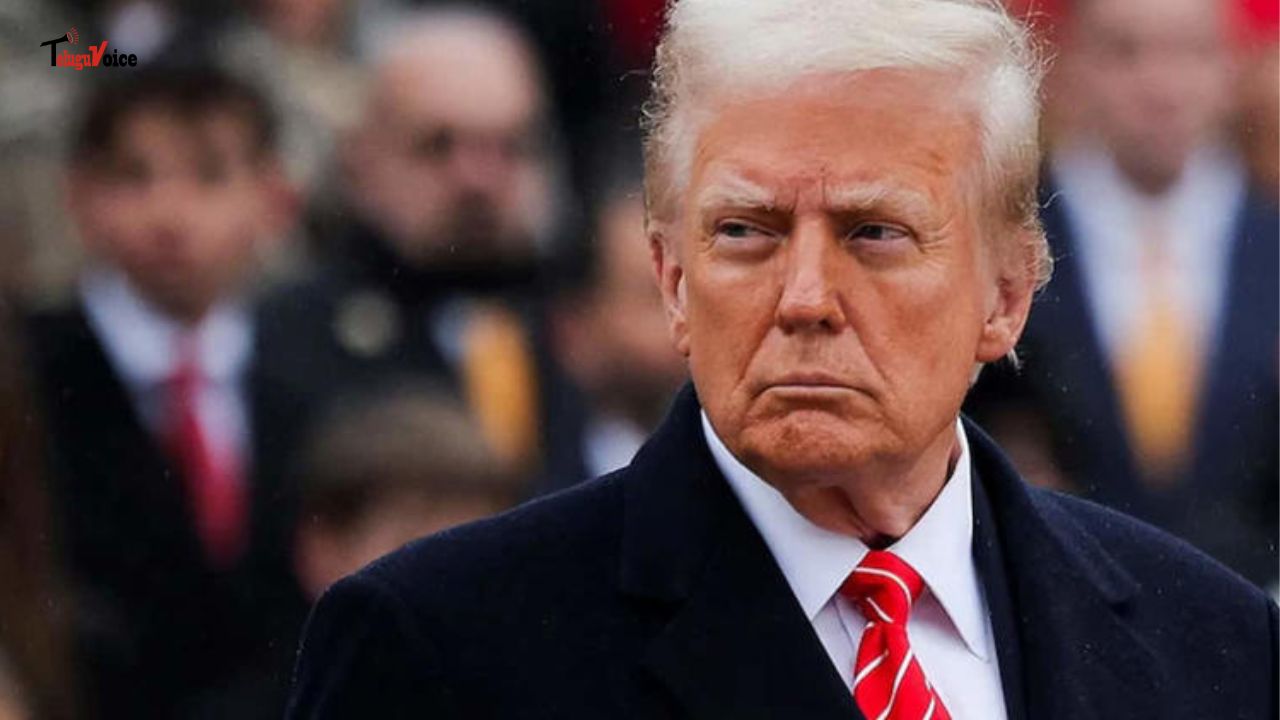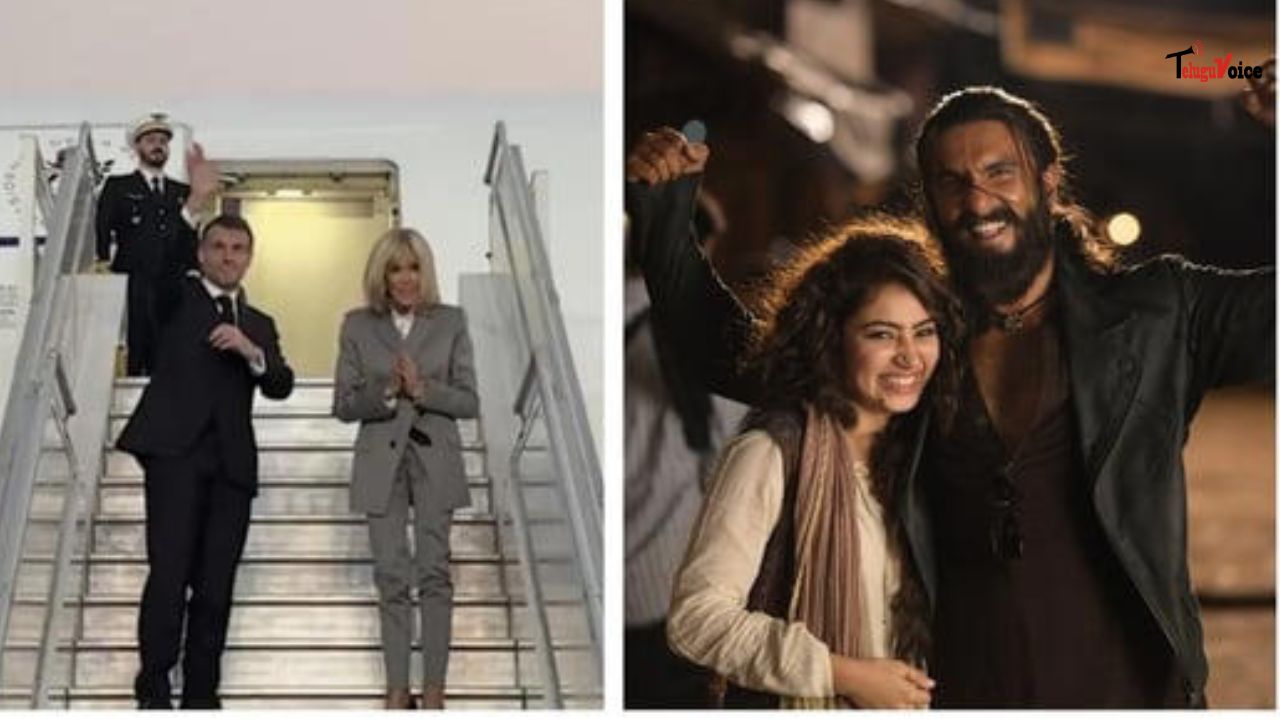India Urged to Mediate Global Conflicts

Prime Minister Narendra Modi, amidst a busy campaign schedule, received an invitation to attend the G7 summit in Italy in June. Both Ukrainian President Volodymyr Zelenskyy and Russian President Vladimir Putin want India to mediate after the elections. The next Prime Minister, whoever they may be, will have to address urgent global issues right after taking office.
The World Economic Forum in Davos warned world leaders about worsening risks such as recession, environmental degradation, and geopolitical tensions over the next decade. Conflicts in West Asia and Eastern Europe are alarming, but there's little global action for peace.
While some progress was seen in relations between Arab nations and Israel, Iran's attacks on Israel in April heightened global tensions. These attacks, retaliating against an Israeli strike in Syria, could have had severe consequences for Iran and global peace.
Disruptions in fuel supplies through the Red Sea are causing inflation risks and economic recessions. India, heavily reliant on Middle Eastern oil and gas imports, has a stake in regional peace.
With conflicts ongoing and major powers focused on their interests, India is urged to step in as a peace mediator. India's reputation as a responsible global actor and its friendly relations with all sides make it well-suited for this role. It's not just altruism but also in India's national interest to broker peace. Without peace, there can be no progress.

 South Africa tour of India 2019
South Africa tour of India 2019










Comments